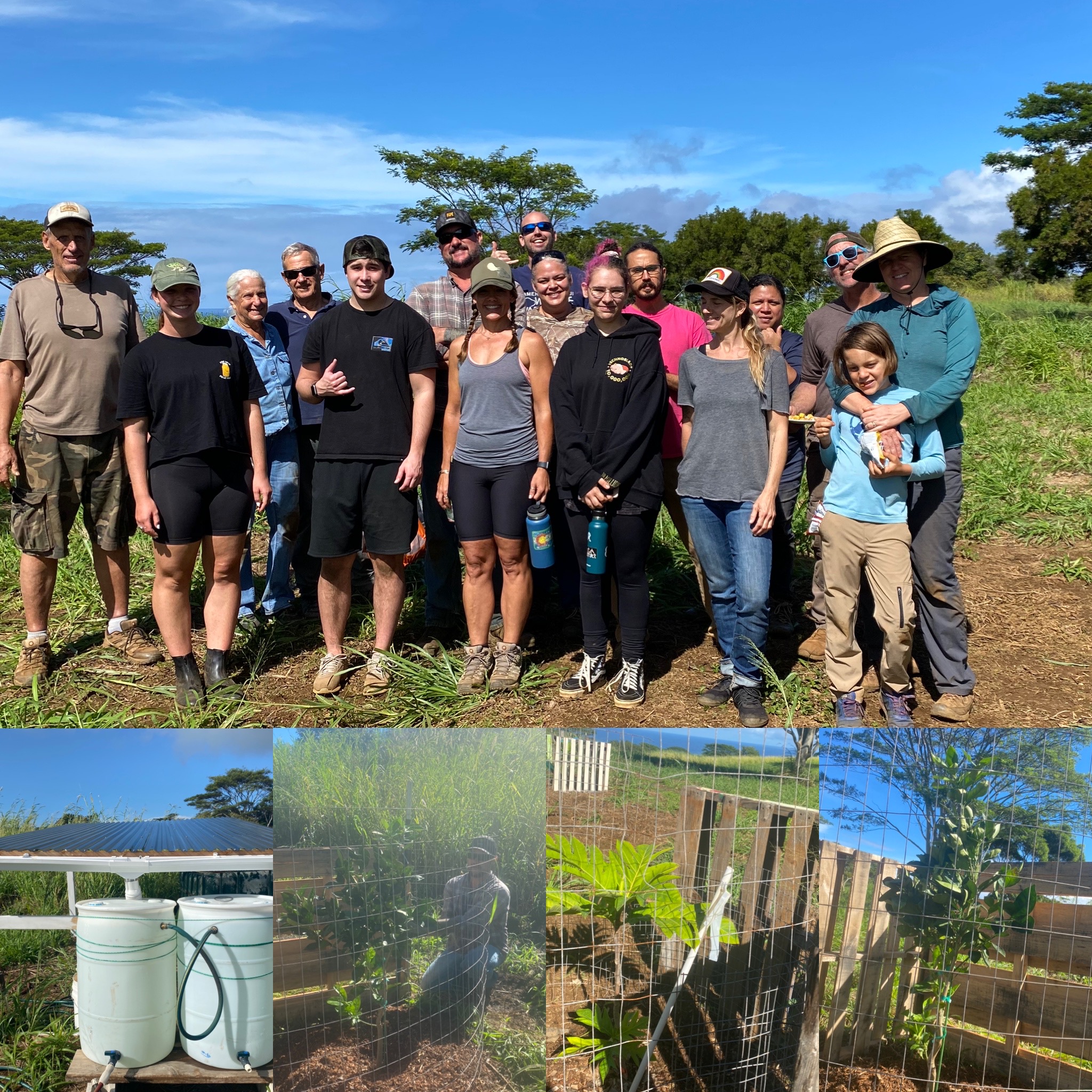Malama Hamakua Maui
About the organizer
There are two moku on the north shore of Maui: Hāmākuapoko and Hāmākualoa; poko and loa being added to distinguish the main district of Hāmākua from its smaller neighbor.These districts are more historical than legal at this point. Hāmākualoa as a local place name is largely replaced with Haʻikū. The reason for this is largely due to the explosion of the sugar industry on Maui around 1860. For many years the Haʻikū Sugar Company was the largest sugar plantation in Hawai’i. A large mill and company town was constructed in Haʻikū, forever putting it on the map.The moku is still important for real property deeds, many of which have their origins in land grants and patents issued in the 19th century. The property descriptions of the old grants are expressed relative to landmarks within the moku and the ahupua’a.There is a searchable, on-line database of land grants, here. If the grant was made to a Hawaiian, the grant is written in Hawaiian, otherwise it is written in English. Here is an example of grant (in Hawaiian) from 1852 for land that probably included the present day Open Space, based on its modern TMK.
Good For
Kids, Teens, Families, Students, Groups, Visitors, Exercise, Meeting People
Activity Type
Outdoor, Parks & Trails, Farms & Gardens, Help Plants & Nature, Cleanup, Physical Labor, Skilled Labor, Landscaping
Cause
Environmental Conservation, Cultural Preservation
Requirements
Closed Toed Shoes
Good For
Kids, Teens, Families, Students, Groups, Visitors, Exercise, Meeting People
Activity Type
Outdoor, Parks & Trails, Farms & Gardens, Help Plants & Nature, Cleanup, Physical Labor, Skilled Labor, Landscaping
Cause
Environmental Conservation, Cultural Preservation
Requirements
Closed Toed Shoes
Malama Hamakua Maui
About the organizer
There are two moku on the north shore of Maui: Hāmākuapoko and Hāmākualoa; poko and loa being added to distinguish the main district of Hāmākua from its smaller neighbor.These districts are more historical than legal at this point. Hāmākualoa as a local place name is largely replaced with Haʻikū. The reason for this is largely due to the explosion of the sugar industry on Maui around 1860. For many years the Haʻikū Sugar Company was the largest sugar plantation in Hawai’i. A large mill and company town was constructed in Haʻikū, forever putting it on the map.The moku is still important for real property deeds, many of which have their origins in land grants and patents issued in the 19th century. The property descriptions of the old grants are expressed relative to landmarks within the moku and the ahupua’a.There is a searchable, on-line database of land grants, here. If the grant was made to a Hawaiian, the grant is written in Hawaiian, otherwise it is written in English. Here is an example of grant (in Hawaiian) from 1852 for land that probably included the present day Open Space, based on its modern TMK.

